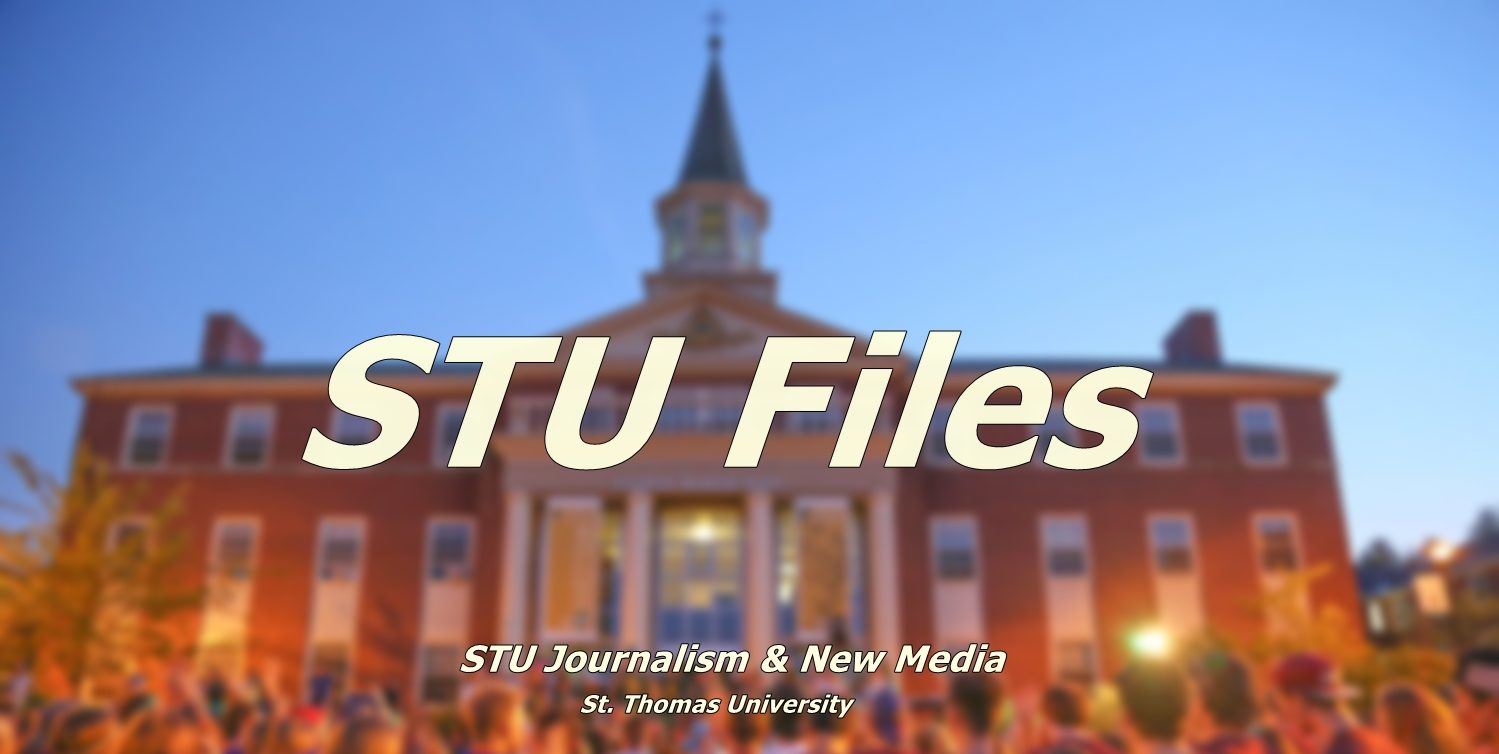Wabanaki Youth attend United Nations Permanent Forum on Indigenous Issues
Earlier this year, a group of several Indigenous youth from all around Wabanaki Territory went to New York City for the to speak on issues that have been affecting the people and lands where they’re from.
Indigenous Peoples from all over the world including New Zealand, Australia, Norway, Sweden, Canada and the United States attend the forum each year to speak to world leaders and advocate for issues and give recommendations on how things could be done better for settler states to work with the Indigenous Peoples.
This year was the 18th session of the Permanent Forum on Indigenous Issues, which was established in 2001.
Wolastoq Grand Council Grand Chief Spasaqsit Possessom (Ron Tremblay) has been going to the permanent forum for several years now and decided it was time for him to bring youth from all over Wabanaki Territory with him.
The Wabanaki Confederacy is a group of five nations that span through the maritimes and parts of north eastern United States and includes the Wolastoqey, Mi’kmaq, Passamaquoddy, Abenaki and Penobscot.
Amanda Reid, a Dakota woman who was raised in a Wolastoqey community, was one of the few youths who went to the UN to speak on Indigenous issues.

“Through the stolen generations where the government took active steps to destroy language, it is our belief that there should be equal if not more effort to strengthen and revitalize Indigenous languages” Reid said while addressing a panel of speakers during a language session at the UNPFII
In the International Year of Indigenous Languages, many nations spoke up about how they are losing their languages and it is important that they are revived. Many of these nations suggested that the UN declare a decade of Indigenous languages.
This was Reid’s second year going to the UNPFII with the group.
Justice Gruben, a Wolastoqey man from Pilick (Kingsclear First Nation), attended this years forum for the first time. He spoke on a panel about the effects that colonialism has had on Canada and Guatemala with other Wabanaki youth and Guatemalans.

“An attack on the land is an attack on identity” Grubin said. “We’re trying to protect the lands, lives and communities of our nations. We’re not trying, we’re doing the work.”
Grubin said that settler states such as Canada need to be held accountable for what they’re doing to Indigenous peoples lands.
The group hopes to bring a larger delegation to next years UNPFII. This is the second year that the group has gone and has grown from three to six this year.

